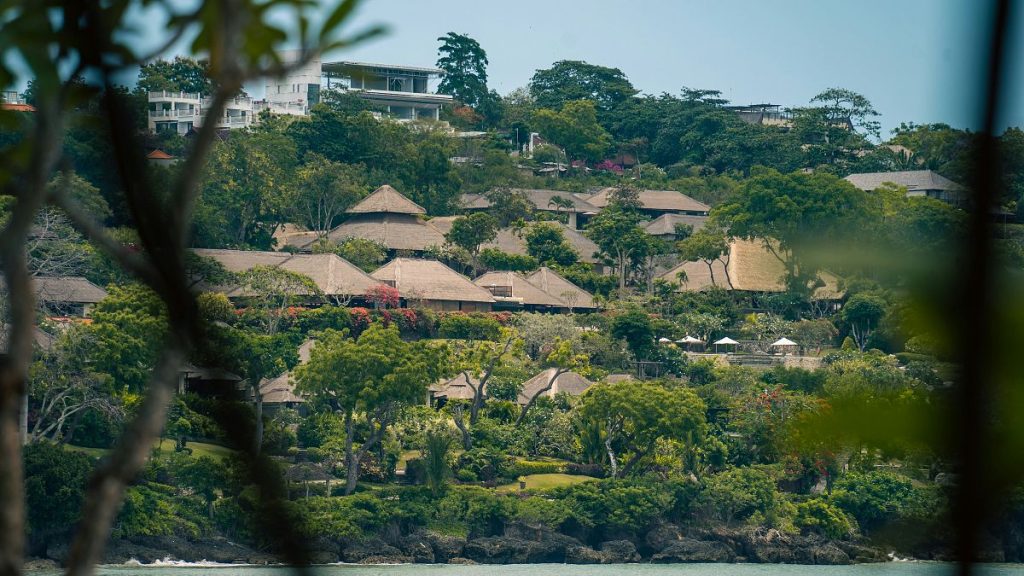The tourism minister of Bali, Sandiaga Uno, has expressed concerns about the increasing number of tourists visiting the island, leading to overtourism. This surge in visitors is putting pressure on the local infrastructure and environment, prompting Indonesian authorities to implement a temporary ban on new hotel constructions in certain areas of the island. The goal of this measure is to prevent overdevelopment and alleviate the strain on local services. Since the lifting of pandemic restrictions, tourism in Bali has experienced a significant resurgence, with 2.9 million foreign visitors arriving at the Bali airport in the first half of 2024. The hotel ban may potentially last for up to a decade, as stated by senior minister Luhut Pandjaitan.
As Bali continues to experience a rapid increase in tourist arrivals, the island’s services are struggling to keep up with the demand, leading to concerns of overtourism. Reports have emerged of tourists engaging in irresponsible behavior, such as taking nude pictures at sacred sites, disrupting temple ceremonies, and causing traffic congestion. The presence of around 200,000 foreigners living in Bali has also contributed to rising unemployment and crime rates. Additionally, the island has become a popular destination for digital nomads who stay for extended periods, prompting the introduction of a tourist tax for foreign visitors and plans for a rail connection to alleviate traffic congestion.
Sandiaga Uno emphasized the need to prevent Bali from becoming a victim of overtourism, like Barcelona, where tourists are viewed as public enemies. Uno highlighted the importance of maintaining the cultural and environmental integrity of Bali while still catering to the tourism industry. The implementation of the hotel ban aims to control further development in key areas of Bali and prevent the exacerbation of existing issues caused by the growing number of visitors. Authorities are also exploring potential solutions to address the challenges posed by increased tourism, including improving transportation infrastructure and implementing measures to protect the island’s cultural heritage.
The ban on new hotel constructions in Bali is seen as a proactive step to manage the influx of tourists and prevent the island from reaching a critical point of overtourism. By restricting the development of new hotels, villas, and nightclubs in certain areas, authorities hope to maintain a balance between tourism and the preservation of local resources. The decision to potentially extend the ban for up to a decade reflects the government’s commitment to sustainable tourism practices and protecting Bali’s unique environment and culture. As the island continues to attract visitors, finding a sustainable and responsible approach to tourism management will be crucial to ensuring Bali’s long-term viability as a top destination for travelers.
In response to the challenges posed by overtourism, Bali is looking to implement strategic measures to address the strain on its infrastructure and environment. Efforts such as the tourist tax, rail connection plans, and stricter regulations on visitor behavior aim to strike a balance between promoting tourism and preserving the island’s cultural heritage. By proactively addressing the issues associated with overtourism, Bali hopes to avoid the negative consequences experienced by other popular tourist destinations. The focus on sustainable tourism practices and responsible visitor behavior will be essential in safeguarding Bali’s future as a premier destination while ensuring the well-being of its local communities.









